
Getting rid of some household things, from old batteries that could harm the environment to weird bits like expired medications or used paint cans, can be a real head-scratcher. But don’t worry; let’s tackle this cleanup challenge by learning to say goodbye to these objects correctly.
Batteries: Power Down Responsibly

Discard cells at designated centers or drop-off points offered by stores to make it easy for you. Safe disposal keeps harmful chemicals out of landfills, and materials such as zinc and manganese find renewed purpose in new products.
Paint Cans: Color Your World Green
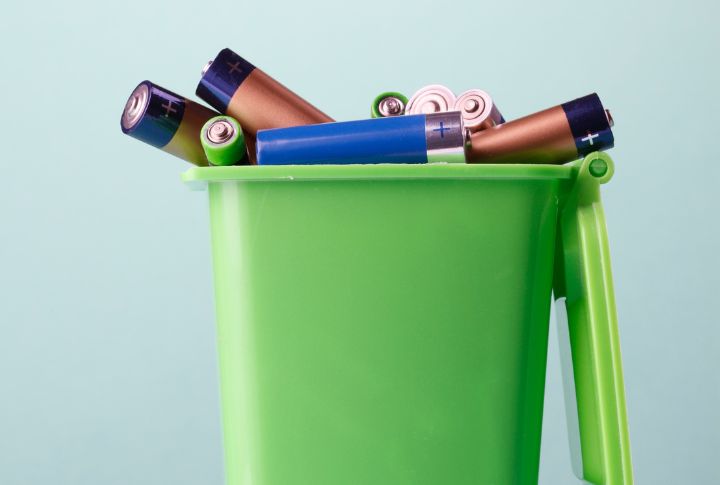
Local hazardous waste programs often accept old colorants, and a few hardware outlets provide reprocessing services. Consider donating unused coatings to regional projects to ensure they aren’t expired or contaminated.
Electronics: Tech in an Eco-Friendly Way
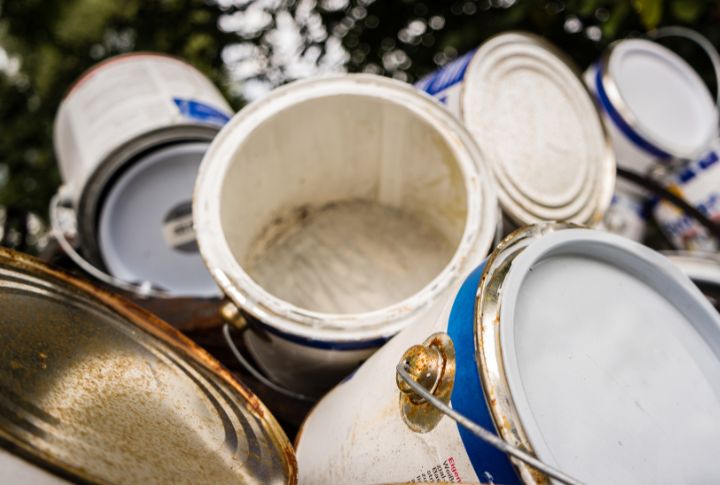
Electronics can be salvaged at special e-waste facilities. For convenience, look for community upcycling drives that help recover precious metals and prevent toxic substances from harming the environment. Moreover, the process gives gadgets a second chance at life.
Medications: Clear Your Cabinet, Clear Your Conscience
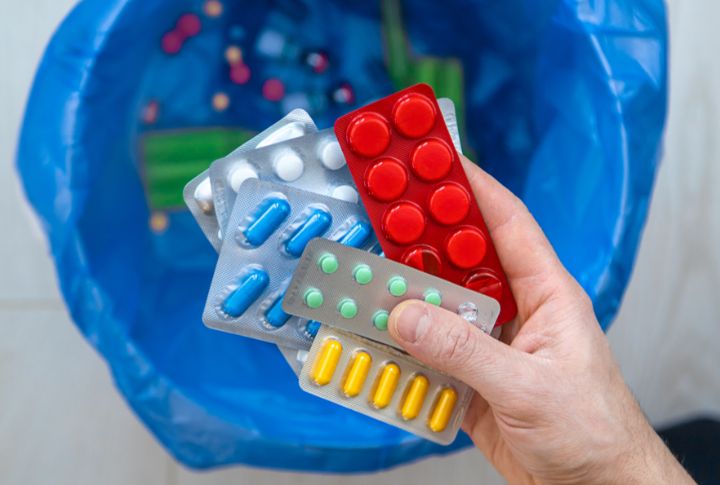
Drug take-back initiatives are a safe way to get rid of unused medicines, and the good news is that many pharmacies participate in these initiatives. Flushing meds can harm waterways, so appropriate elimination is critical, as ingesting expired drugs can cause accidental poisoning at home.
Light Bulbs: Bright Idea for Removal
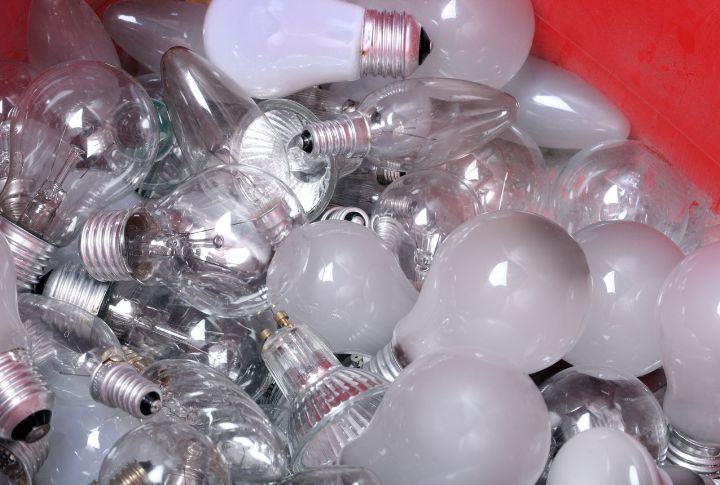
LEDs and incandescent lamps can go in the regular trash, but fluorescent bulbs should be taken to junk collection centers. Recycling helps recover glass and metallic elements for reuse, but remember, breaking fluorescent tubes releases mercury vapor, so handle it carefully.
Lubricants and Filters: Slippery When Wrong
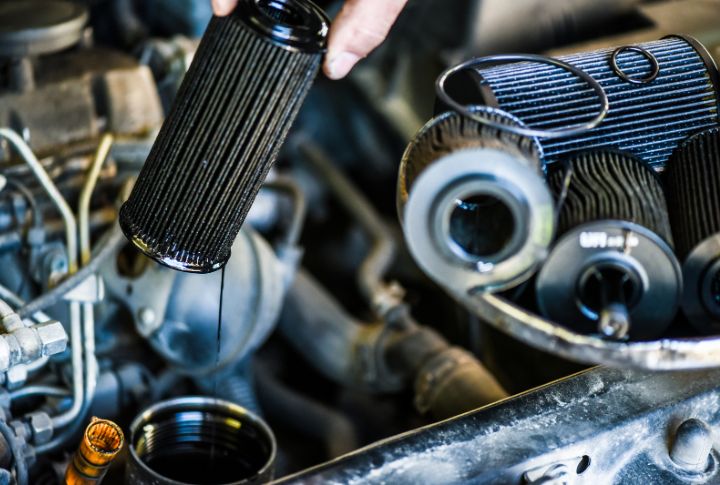
Automotive merchants often receive used oil and filters for repurposing but ensure they’re adequately contained to prevent spills. Remanufactured oil can be refined into new lubricants or used in power generation. Additionally, proper filter clearance helps avoid soil and water pollution.
Furniture: Sit Back and Relax, It’s Sorted
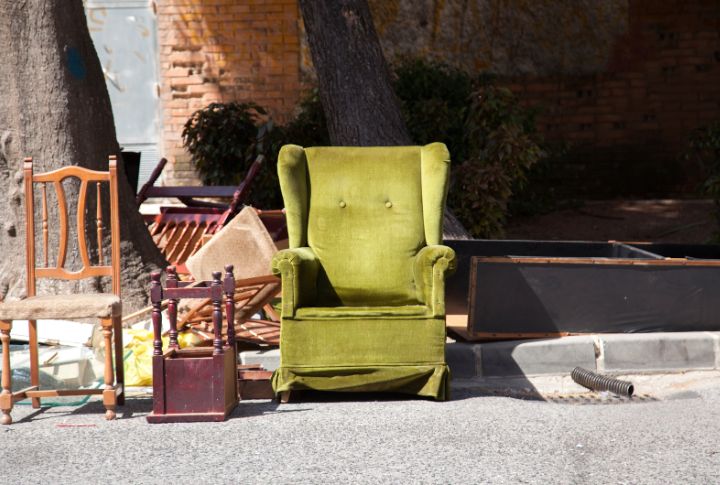
Consider donating usable furnishings to charity shops or listing them for free online. Some cities offer bulky item pick-up to make it convenient for you. Upcycling is another creative way to give furniture a new lease on life, and it can assist in recovering valuable materials like wood and alloy.
Tires: Roll Them to the Right Place
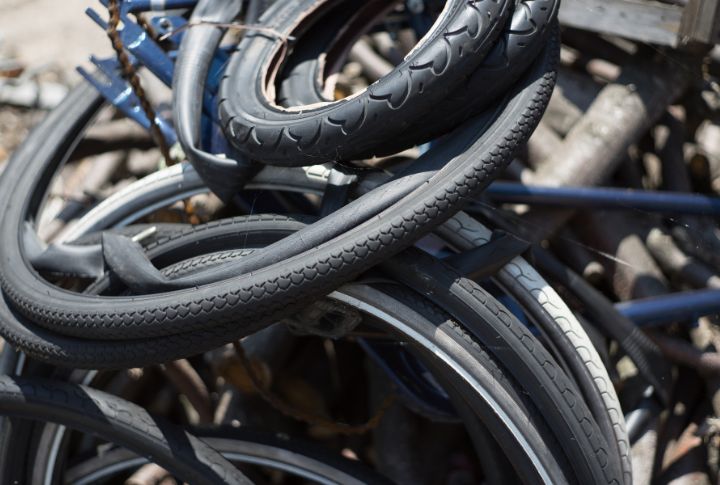
Many auto shops will reuse your worn tires when you buy new ones. Alternatively, check for local tire reprocessing programs that transform tires into playground surfaces, roadbed material, or fuel. This is a great way to reduce landfill debris and pollution.
Mattresses: Dream of a Cleaner World
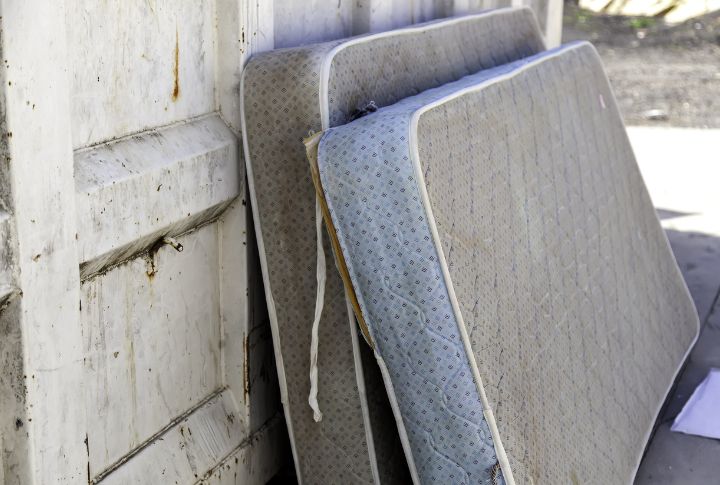
Several companies specialize in refurbishing mattresses. Look for one in your area or see if your local garbage handling system offers a solution. Keeping mattresses out of landfills conserves valuable space, and components such as foam and fibers can be repurposed into new products.
Appliances: Cool Way to Say Goodbye
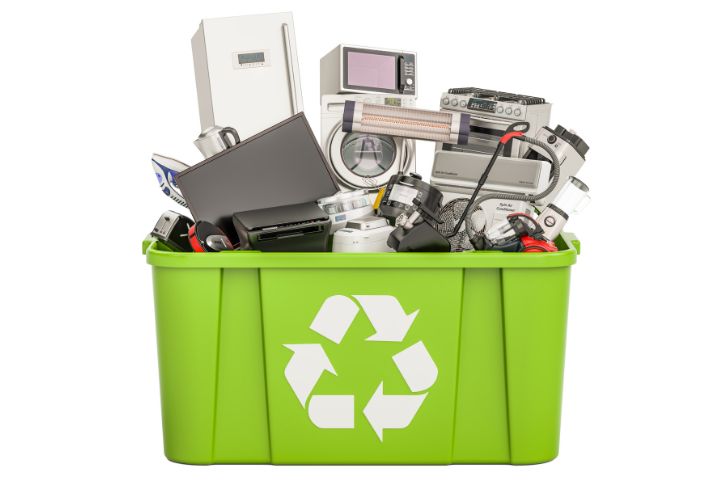
Scrapping centers often accept aged appliances, and you might also find shops that take them in exchange for a discount on new purchases. Recycled metal from devices is precious when manufacturing fresh merchandise. Plus, responsible riddance prevents the release of harmful refrigerants.
Garden Discards: Compost or Collect
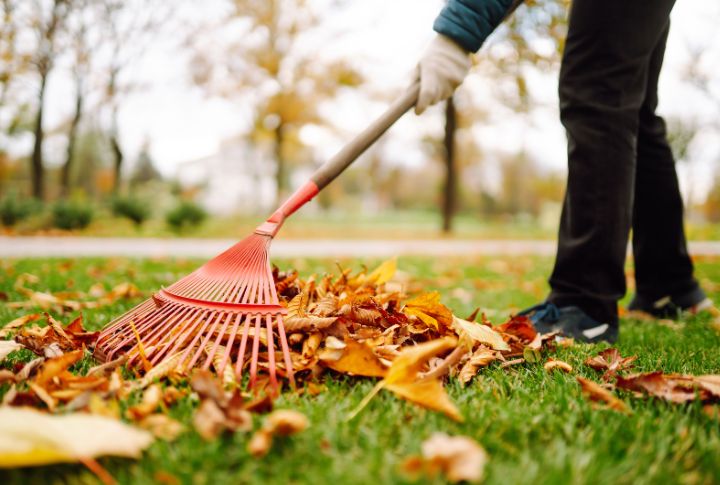
Turn your yard scrap into compost, or check if your community has a collection service for such substances. Composting enriches soil, reduces the necessity for chemical fertilizers, and is a natural way to give back to the earth and support regional ecosystems.
Pesticides: Handle With Care

Hazardous waste management facilities are equipped to dispose of pesticides safely so they are never poured down the drain. Responsible discarding averts contamination of water sources and protects wildlife. While doing so, always remember to follow label instructions for storage and elimination to minimize risks.
Plastic Bags: Bag a Better Future
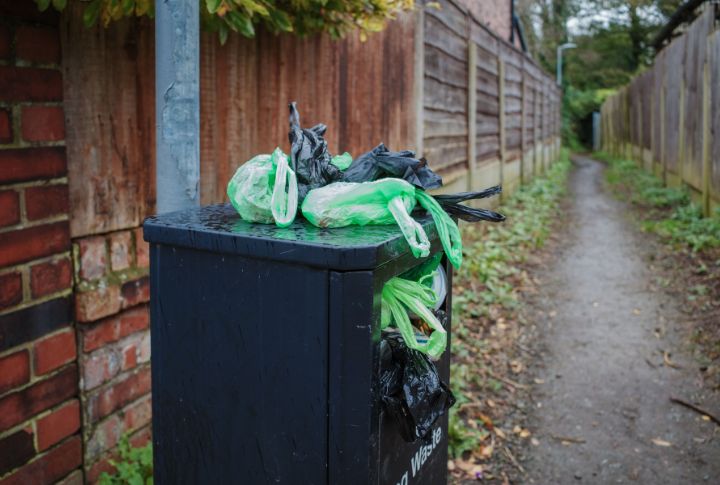
Many grocery stores have return bins for plastic bags, which is your best bet since they can’t go in regular recycling. Reusing them as garbage liners or for pet litter is a great practice, and they can be turned into composite lumber for outdoor decks and benches.
Cooking Oil: Don’t Clog Your Future
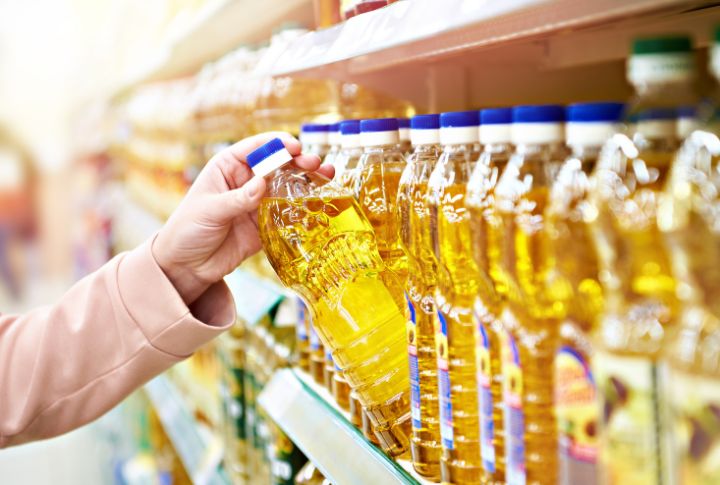
Small amounts can be thrown in the trash with absorbent material, but larger quantities should be taken to an upcycling facility. Repurposed cooking oil can become biodiesel, a fuel that burns more cleanly-an inventive approach that reduces reliance on fossil fuels and lowers emissions.
Aerosol Cans: Spray the Right Way
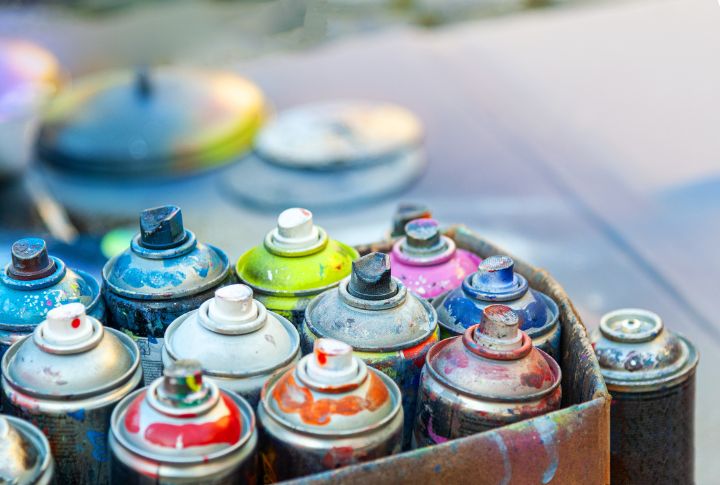
Aerosol cans are recyclable, but if they aren’t empty, dispose of them via toxic rubbish disposal. Reclaiming aerosols safely recovers metal and prevents the release of propellants. However, to avoid the risk of exposure, ensure the containers are devoid of gas particles.


Comments
Loading…